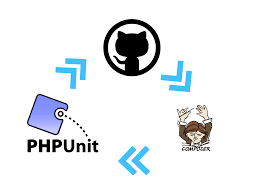
As PHP applications grow in size and complexity, developers have to put together a “deployment plan”. In other words, these are a set of steps that they need to follow every time they want to package, deploy or test them.
Some of the tasks that are a part of this process include creating deployment-specific configuration files, packaging the code, storing the current application code in version control as well as setting up the database.
 This is where Phing comes in – a build system for PHP that is based on Apache Ant – that automates these processes while simplifying application development for developers.
This is where Phing comes in – a build system for PHP that is based on Apache Ant – that automates these processes while simplifying application development for developers.
Now, Phing uses XML files to define these automated build processes where each buildfile contains information about each project in particular as well as the tasks. Also, each task is marked by XML tags.
Developers will be glad to know that there are several tasks that have been built in out of the box. Some of these include PHPUnit, file operations, compression and subversion tasks and even a Zend Code Analysis tool.
Two good features with Phing is that it is extendible to PHP classes as well as had access to the command line too. This can come in more than handy during the build process and open up a slew of possibilities for developers.
All in all, this build system is excellent for large projects where continuous integration in vital. Best part: it saves a lot of time in coding, testing and deployment too. Another advantage is that systems such as Apache Ant can be integrated with other IDEs.
If you want to know how to get Phing, you can access the PEAR channel for a fast and simple download. The documentation for this build system is also excellent too. If you want added functionality, then you can install XDebug, PHPUnit and PHPDocumentor too.
No matter what, if you are working on a large project, then it’s a good idea to visit their website for more information.
